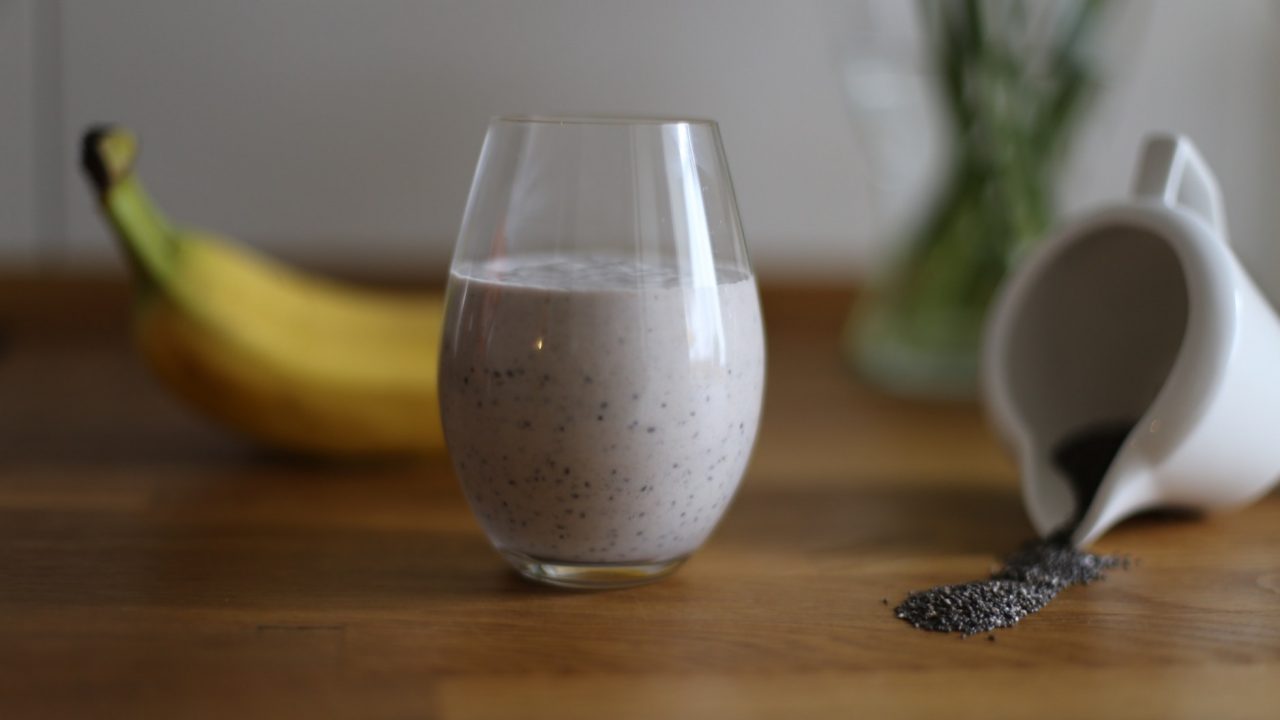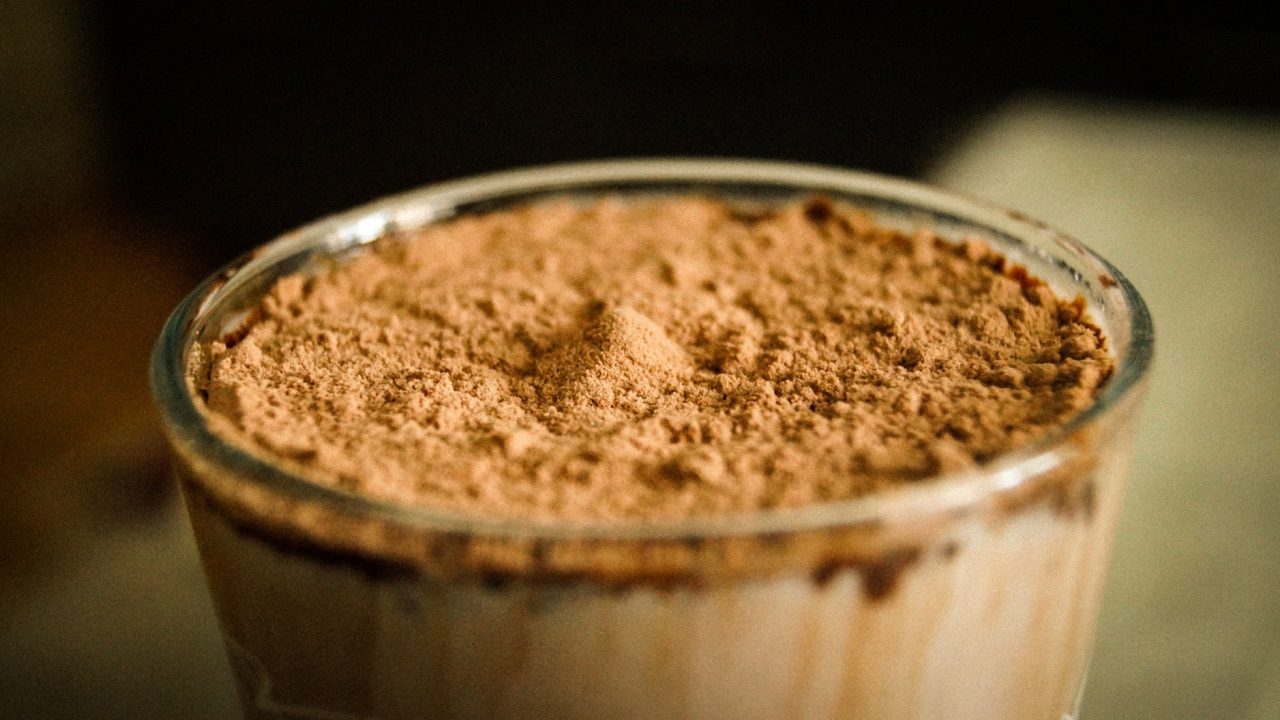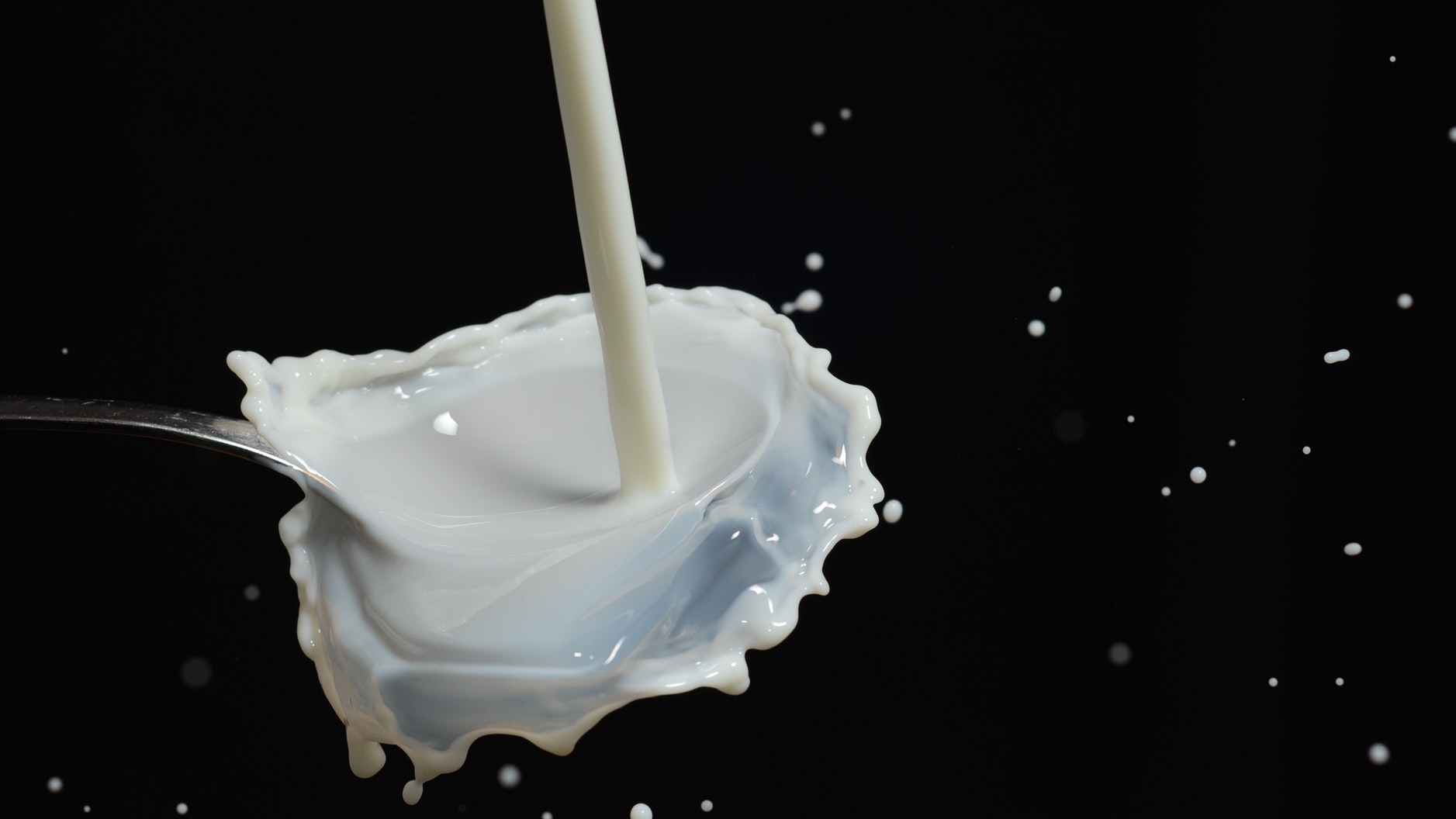Whey protein powder is probably the king of all nutritional supplements, packed as it is with good-quality protein and containing all nine essential amino acids. To top it off, whey protein is easily digestible and quickly utilized by the body. This super supplement is popular among athletes, bodybuilders, fitness enthusiasts and models, and health-conscious individuals.
As with all kinds of consumable products, both natural and processed, whey protein powder has a shelf-life. Whey protein powder does have an expiration date, but is it still safe to consume past this date?

Whey Protein 101
Whey protein is the most popular type of protein supplement because it’s complete and easily digestible. It offers a convenient way to increase daily protein intake, particularly for individuals who are physically active, looking to gain muscle mass/definition, and/or looking to lose weight.
Studies have also shown that whey protein offers other health benefits, including supporting bone health, stabilizing blood sugar, and maintaining healthy blood pressure levels.
Whey protein comes from cow’s milk; other protein powders are derived from soy, rice, peas, egg whites, and collagen. Most protein products contain protein derived from only one source; but there are brands that use multiple sources to offer complementary benefits, fill nutritional gaps, alter absorption rate, and/or reduce cost.
Depending on the source, protein powders contain varying levels of amino acids, fats, carbs, vitamins, minerals, and other bioactive compounds. To enhance flavor and texture, protein powders are made with natural and artificial flavors, flavor enhancers and protectors, and thickening agents.

Protein Powder Shelf Life
Oxford dictionary defines shelf life as, “the length of time for which an item remains usable, fit for consumption, or saleable.” It’s also referred to as a product’s expiration or “best by” date. For dietary supplements, however, specifying an expiration date is not a requirement, as stated in the US Food and Drug Administration’s (FDA) labeling guide. Manufacturers can choose to provide this information only if they can support it with valid data.
One accelerated shelf-life test determined that whey protein powder is fit for consumption for 12 to 19 months when stored at 70°F (21°C) and 35% humidity. Another similar test determined that storing whey protein powder at room temperature, or 70°F (21°C) with 45–65% humidity gives it a shelf life of 9 months.
Whether or not a protein powder brand specifies an expiration or “best by” date on its label, most products on the market that also contain maltodextrin, lecithin, and salt (which are additives that extend shelf life) typically have a shelf life of about two years.

Is It Safe to Consume “Expired” Protein Powder?
Expiration or best-by/use-by dates are usually indicators of quality and not safety – except for infant formula. And products with low moisture content, such as protein powders, have a minimal risk for bacterial growth – making them relatively safe to consume past their specified shelf life as long as they have been properly stored.
The protein content and quality of protein powders, however, decrease with age; this can occur about 12 months past a product’s manufacture date if the supplement does not contain additives that extend shelf life.
On the other hand, protein powders can also go bad before the specified expiration date if they are improperly stored, such as when they are stored at high temperatures, which leads to increased oxidation and the production of compounds that alter the powder’s taste and quality. A protein that has gone bad usually has a bitter taste, rancid smell, clumping, and color changes. If you notice any of these in your protein powder, you should no longer use it as it can make you sick.
Whey Protein Powder Consumption Safety
The shelf life of protein powder can vary depending on its source and specific ingredients. Most powder supplements use additives to extend their shelf life – look for these on the product’s information label to get a better idea of how long it can be safe to consume it.
In general, whey protein that is stored as recommended by the manufacturer can be safe to consume around 9 to 19 months from its manufacture date; if the supplement includes additives that extend its shelf life, it is usually safe for consumption up to 2 years from its manufacture date.
As long your whey protein powder has been properly stored and there are no signs that it has gone bad, you can still safely consume it about a month or so past its specified expiration date. If an expiration date is not specified, simply count the months from its manufacture date (which is required label information).
If there are signs that your powder has gone bad, it’s best to throw it out.
Always check a product’s information label as all important details provided by the manufacturer are printed there for consumer safety.
If you’re taking whey protein for overall fitness and weight loss, you should also check out Modern Fit’s 16-week course, which has been helping people like you to easily make behavior and lifestyle changes for long-term health.



